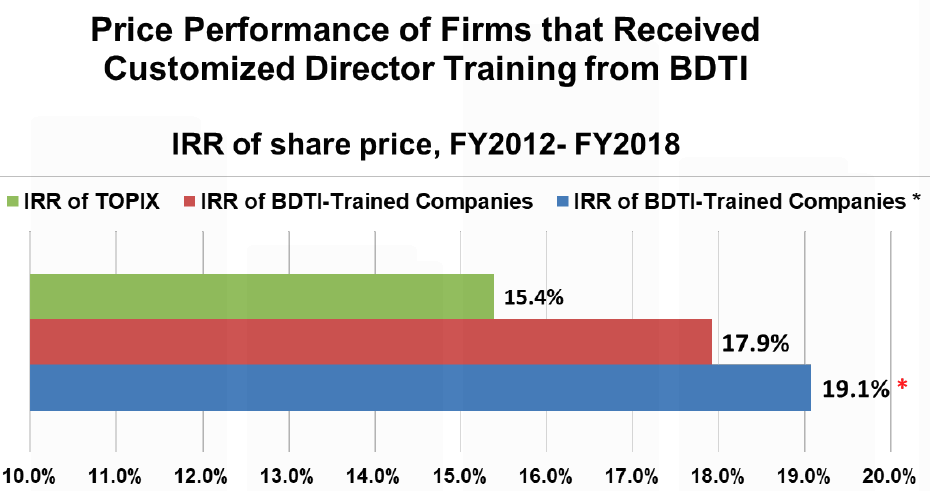On June 7, 2024, the Financial Services Agency (FSA) disclosed a document regarding the “Action Program 2024 for Implementing Corporate Governance Reform.” I would like to provide an overview of “Substantiation of Stewardship Activities” in this document below and discuss the points raised in this document.
Substantiation of stewardship activities
Issues:
⚫It is pointed out that formal dialogues, such as checking boxes, are conducted, and that dialogues with constructive objectives based on a deep understanding of the portfolio company and two-way dialogues are not being conducted. Regarding collaborative engagement, it is also pointed out that it is important not only to collaborate but also to have meaningful dialogues focused on specific themes.
⚫It is also pointed out that effective engagement that integrates dialogue and exercise of voting rights is not being conducted, for example, because the divisions in charge of dialogue, exercise of voting rights, and investment management are separated and do not work together sufficiently.
⚫The report also pointed out that the authorities need to inspect actual efforts to comply with the Stewardship Code, since compliance with the Code has not been verified.



